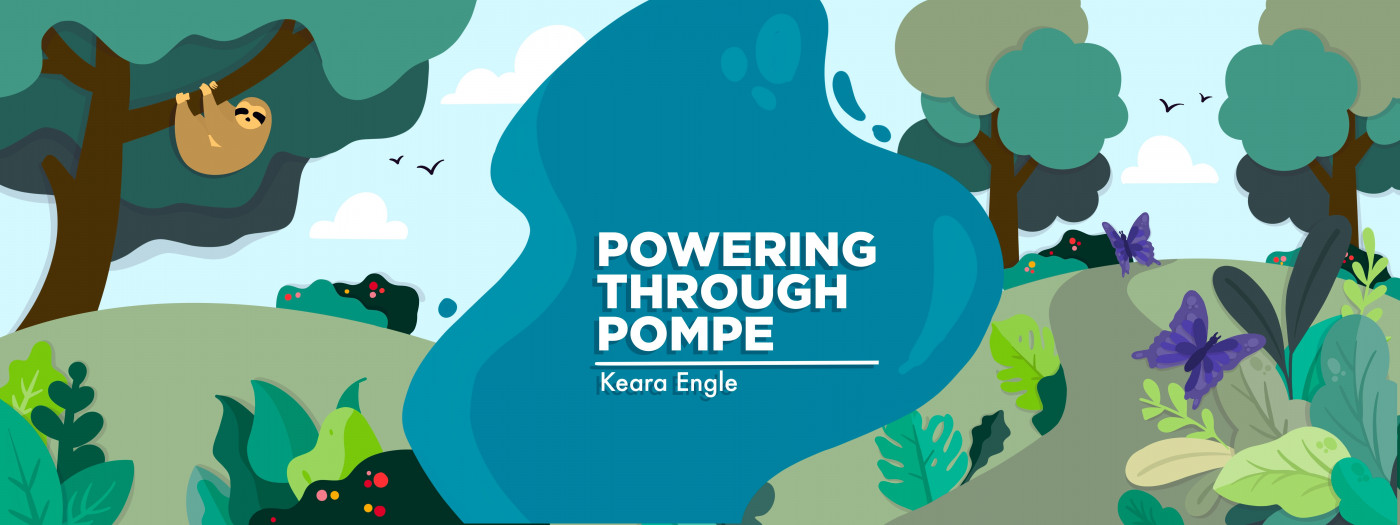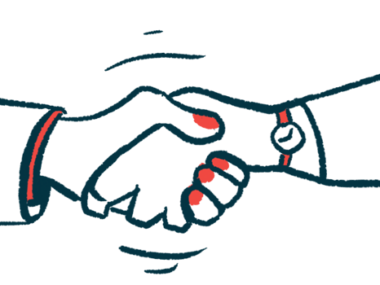Ironically, I feel guilty about my son’s Pompe disease treatment
It may seem strange, but there are many reasons for this challenging emotion
Written by |

I remember the day my 6-year-old son, Cayden, was diagnosed with infantile-onset Pompe disease like it was yesterday. Hearing the news broke me, and I was scared half to death. I had no idea what to expect, and searching the internet didn’t help because I came across a lot of outdated information.
At just 1 month old, Cayden was the first baby in Pennsylvania to be diagnosed with Pompe disease via newborn screening. Because he was diagnosed so early and already showing a decline in his health, doctors immediately started treating him with enzyme replacement therapy.
These infusions are currently the only treatment option available for Pompe disease. Of course, I’m thankful for them, as they’re the only reason Cayden is still with us today. Without this therapy, infants with Pompe disease wouldn’t live past the age of 1 or 2.
Difficult questions for a parent
While I know how significant it is to have this treatment available to my son, it comes with a bit of guilt, which might sound ironic. Infusions aren’t something a child should have to deal with. I wish my son didn’t have to miss a day of school every other week, have his port accessed, and be hooked up to an IV pump for hours just to stay alive.
In addition to the infusions, I feel guilty because initially, Cayden wasn’t receiving a double dose of Lumizyme (alglucosidase alfa), which is now recommended for children with infantile-onset Pompe disease. This was the first medication he was on until he was 18 months old.
By the time Cayden’s dosage was increased, the disease had already significantly affected him. Sometimes I sit back and wonder if things would be different if I had dug a little deeper into the research and discovered this sooner. Would he have lost the mobility in his legs or be dependent on a BiPAP machine to sleep at night? These are questions that no parent should have to think about.
I feel guilty that my son doesn’t have the same childhood experiences as other children his age. Then, on the other side of things, I feel guilty about feeling guilty, because I know that some parents would do anything to have a treatment for their child’s rare disease. They’d give anything to be in my shoes.
Also, the infusions for Pompe disease haven’t been around for too long. I know that parents who had children before treatment was available would have loved to have access to the medicine we have today.
I wish the things I stress over regarding Cayden were everyday issues, like which shape he wants his sandwich cut into for lunch. Instead, I’m left with guilt, and I’m not sure it will ever subside. This disease will last for his entire lifetime. As long as I’m alive, I’ll be holding his hand every step of the way.
Note: Pompe Disease News is strictly a news and information website about the disease. It does not provide medical advice, diagnosis, or treatment. This content is not intended to be a substitute for professional medical advice, diagnosis, or treatment. Always seek the advice of your physician or other qualified health provider with any questions you may have regarding a medical condition. Never disregard professional medical advice or delay in seeking it because of something you have read on this website. The opinions expressed in this column are not those of Pompe Disease News or its parent company, Bionews, and are intended to spark discussion about issues pertaining to Pompe disease.




Leave a comment
Fill in the required fields to post. Your email address will not be published.